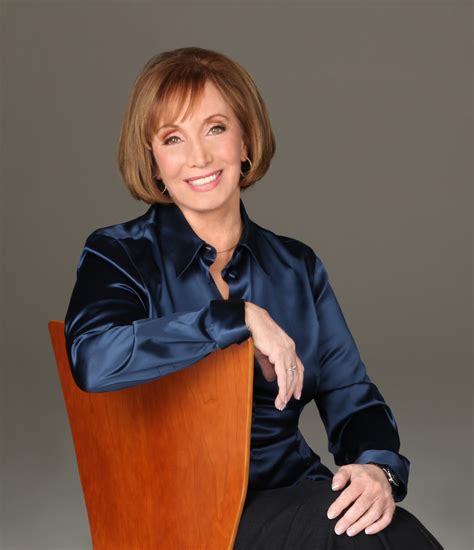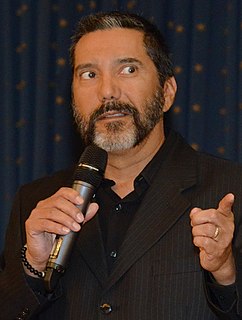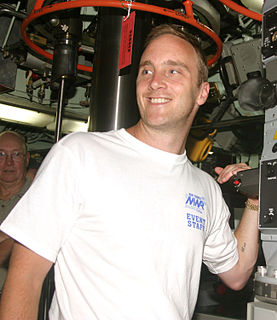A Quote by Brian K. Vaughan
We're not trying to be deliberately frustrating, but we are laying the tracks for a mystery, and it's one that we have all figured out. We wanted this to be kind of like the way that Cliff [Chang] and I felt about the Cold War in the '80s when we were 12.
Related Quotes
There was things just like not being able to date or - I'm talking like 15, 16 - like just certain things that my friends started to do. Like, they started to get phone calls from girls or like, you know, go and hang out 10, 11 at night, kind of going to the movies. There were just certain things that - it's not that I couldn't do all of those things. It's just that every choice was really deliberate and conscious and thought out and sort of balanced against the religion in a way where I felt - I wasn't necessarily trying to convert at 12 like [my mother] was.
I mean, the thing about Guns N' Roses was that it wasn't trying to attach itself to the '80s, or anything that had to do with the '80s. It's just who we were at that time. We were doing what we wanted to do. That had really nothing to do with anything around us, except for the simple fact that we were rebelling against that stuff.
I guess the cool thing about the '80s is the kind of like adventure in terms of, you know, people were very willing to use sounds that were completely ridiculous or whatever. There was a lot of stuff happening in the '80s and it's all over the place. I guess that's probably the coolest thing for me and that's what I like about it. Just kind of that like, 'Oh, what's this sound? Oh that's wacky. Let's use it anyways.'
Another problem about writing about politics in the "age of globalization" is that so much of the violence in the form of war and also in the forms of institutional violence - sweatshops, child labor, victimization of people economically - happens elsewhere and out of sight. And when we do know about it and need to witness it, it's always mediated by images of one kind or another, so you're kind of stuck trying to write about what it's like trying to be you living your life thinking about and experiencing this stuff in that way.
It is not the conservative psyche that needs analysis. Conservatives were right in the Cold War --so right that liberals are pretending they were with us all along -- and they are right about Iraq. It is Leftists who need to account for their consistently disgraceful positions throughout the Cold War and into the War on Terror.
I know the truth now. You've figured out I'm falling in love with you and you're trying to make me stop by hurting me this way. Well it won't work. One way or another, I'm going to make you care about me. Yes, I am, unless your cold attitude kills me first. It's only fair, Connor. If I'm going to be miserable, by God, so are you. I am not a common wench and I will not be treated like one.
I have a general feeling that writers and artists who are in this peculiar situation, of being a persecuted artist, all anyone ever asks about is the persecution. It may well be that's the last thing in the world they want to talk about. There were many years in which every journalist in the world wanted to talk to me, but nobody wanted to talk to me about my work. That felt deeply frustrating because I felt there was an attempt to stifle me as an artist. The best revenge I could have was to write.
My wife and I have long discussions about [George] Carlin, and we refuse to accept that he died an atheist. It's just, confounding. When I talked to Kelly [George Carlin's daughter] about it, she said that George Carlin once took her at about 12 years old and said, "I've figured it out." And he says it in one of his specials sort of - he goes, "We're all energy and we're all connected. That goldfish you have, you, me, that boot laying in the street, we're all pieces of light to a giant electron.
I just started trying to figure out how to write [something] which was unlike anything anybody had ever seen, and once I felt like I had figured that out I tried to figure out what kind of book I could write that would be unlike anything anybody had ever seen. When I started writing A Million Little Pieces I felt like it was the right story with the style I had been looking for, and I just kept going.






































